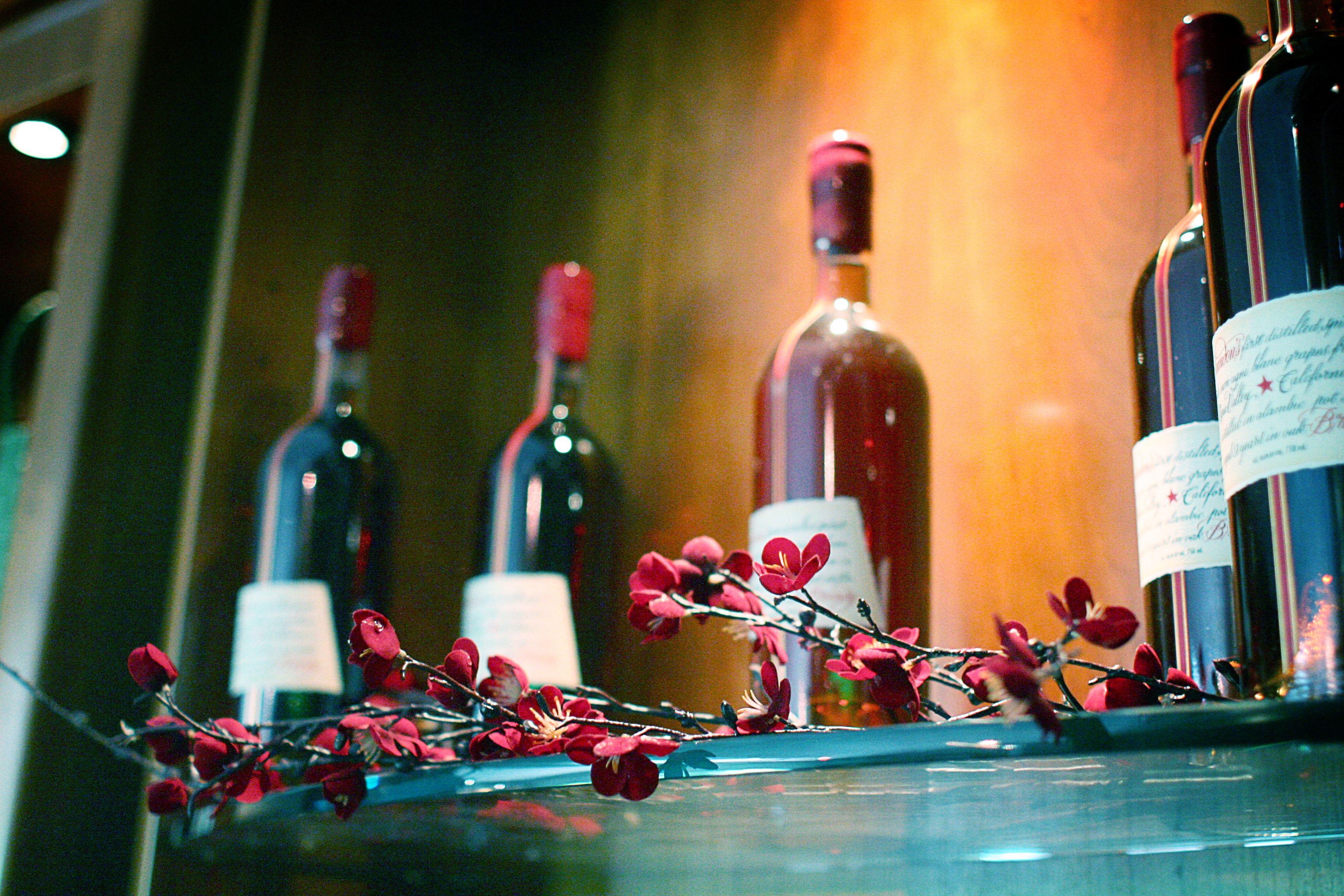Drink what you like. It’s a well-intentioned coda that caps endless amounts of recommendations from wine professionals.
One may still end up sipping Two Buck Chuck or chugging litres of Latour, but many of those seeking out advice on wine still ultimately want to feel like their beverage choice has been justified by someone they trust. In the case of the “mainstream” wine media and trade, there’s a certain amount of pressure for perspectives to be unilaterally positive. When the 750mL of liquid you’ve bought costs you over $30 (and much more in a restaurant), you don’t want to hear or read anything unfavorable about it—especially since it was something that you could have also paid $4 for in a convenience store.
Gentle rifts in the wine ecosystem have always popped up due to the public’s taste for various trends, but the recent upswing in interest for natural wine has driven some of the highest levels of intra-industry dissent we’ve seen in a while. Reactions range from complete dismissal to toe-dipping agnosticism to unabashed advocacy, and nobody in the community is afraid to offer strong opinions that they believe to be bible.
The definition of “Natural Wine” as a Consumer Packaged Good can mean a lot of different things to a lot of different people, but the concept at its ethical core is one that’s simultaneously about being hands-off and self-expressive. When I asked Mac Parsons, who helps run El Rancho Wine wholesalers in Chicago, about the allure of this still-niche market of the industry, he stresses the importance of the human element. The imperfections, the inconsistencies, and the surprises that make both their wines and life in general exciting:
The real pleasure of working with natural wines is the opportunity to share a producer’s trajectory – their history of risk-taking. Nobody we work with started from scratch as a øø winemaker. There’s likely a crucial turning-point in every one of our favorite winemaker’s careers where they take a left turn because of an encounter with a peer sharing inspiring and radical ideas, a challenging vintage that brought the best out of them, or perhaps the peculiar requests of an import client whose customers went nuts for a wine they didn’t think much of at first.
Consistency doesn’t really exist which keeps things engaging. I have found that producers working farming organically and using low or no S02 have very little to hide, as the all-consuming work associated with crafting these wines speaks for itself in the best examples. There’s more honesty, humor, and vulnerability in there to connect with; as a human being, that attracts me to this sliver of the wine world.
As noble a mission that may be, there’s still a large faction of the media and trade that view wine as any other beverage product—one that requires reliability and complexity bottle to bottle, year over year. They bemoan natural wines’ “vociferous” proponents who apparently can’t be convinced of traditional wine’s artistic and agricultural merits (and to be fair, many uninformed acolytes of the natty movement do utterly disregard anything with the slightest supplement of sulfites). What makes the schism between these worlds so intriguing is just how personally every side of the argument take criticism—just see the amusing, passive-aggressive potshots on natural wine from Jon Bonné of PUNCH and the corresponding #adaywithoutmouse response from members of the Bay Area’s natural wine scene.
A good reflecting pool that shows the lineage of natural wine’s polarizing path is through Eric Asimov, one of the closest things there is to a moderate in all of this. He penned a bright-eyed, clairvoyant piece back in 2005 that proposed a hopeful and inclusive future for the genre of wines branded with the legally-nebulous term of natural. After a decade of gestation, he excitedly heralded the category’s arrival in October of 2016, continued his praise—but noted its divisiveness—a month later, and last year wrote the most metaphysical take on the subject that we have probably seen yet. In it, he name-dropped a number of wine journalists and flat-out called them wrong for their views regarding mass-market wine. It’s a seriously entertaining and thought-provoking piece that prods the “wine critic”’s responsibility to speak openly and candidly about the juice they drink. I can’t find a single point I disagree with.
There’s an aura unique to wine that asks for implicit harmony between producers, sellers, critics, and consumers, but really, why should there be industry obligation for the universal respect of all wines? Why can’t wine professionals be like sports fans and let subjectivity slip into the conversation, shamelessly decrying an Italian Pinot Grigio as if it was Tom Brady while extolling the virtues of a Spanish Macabeu like it was the vinous version of Eli Manning. The whole point of giving wine advice is that people have come to you because they trust your own personal, unique tastes—they want to drink what you like. Let them hear it.


